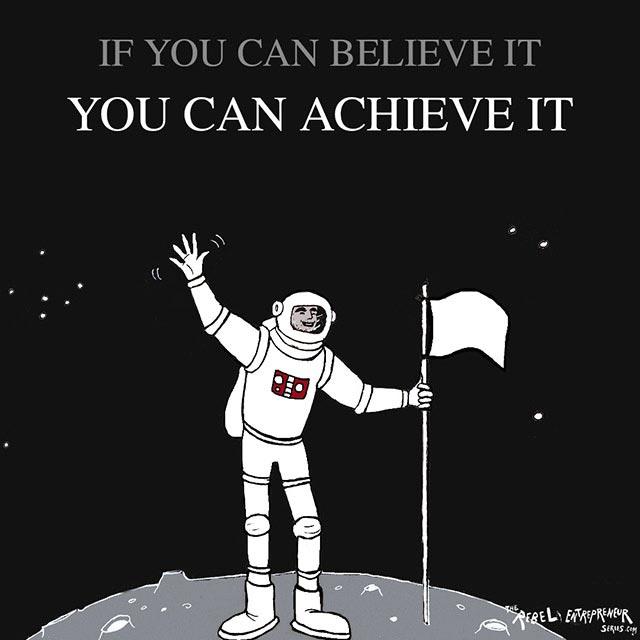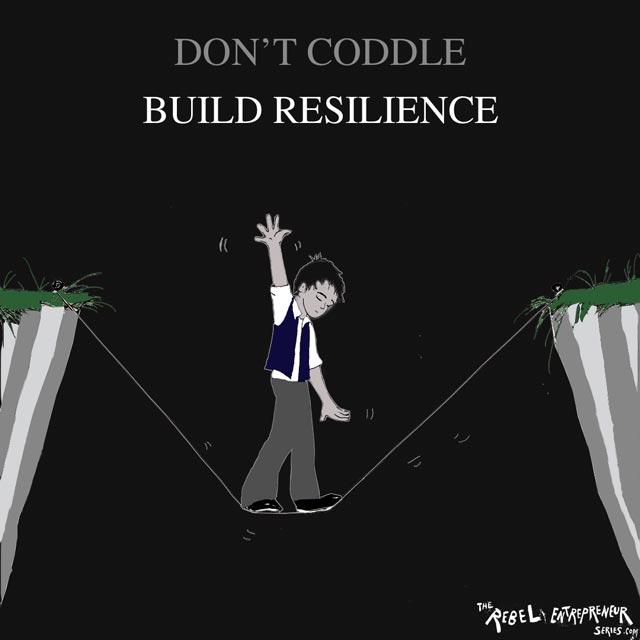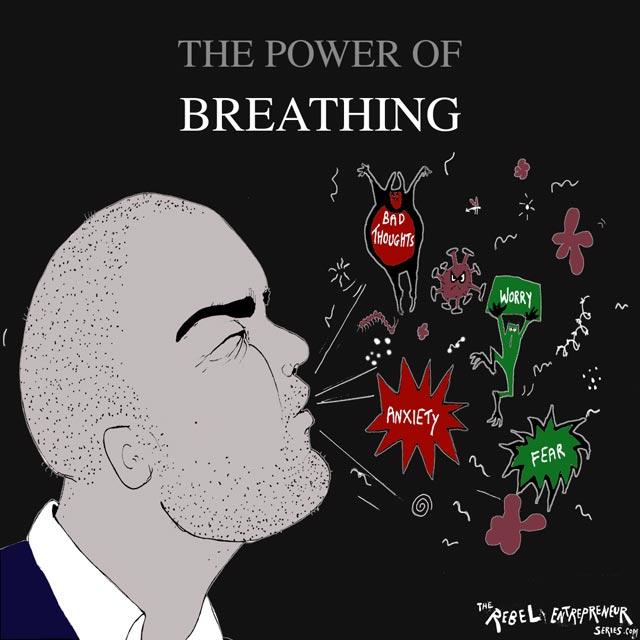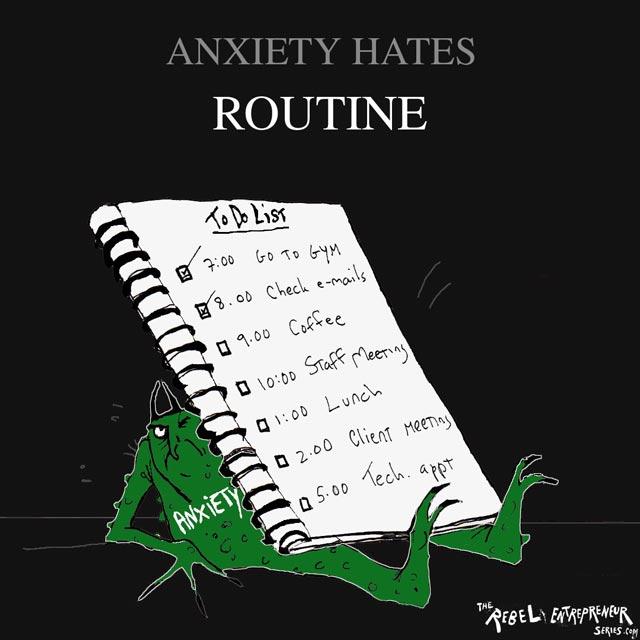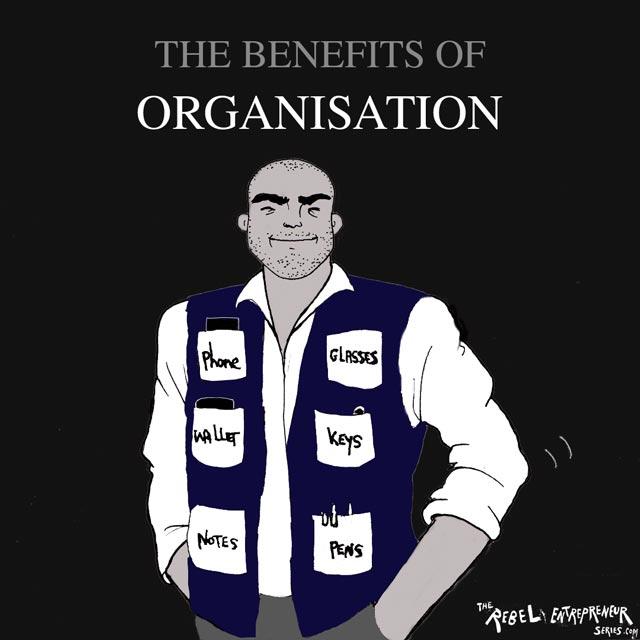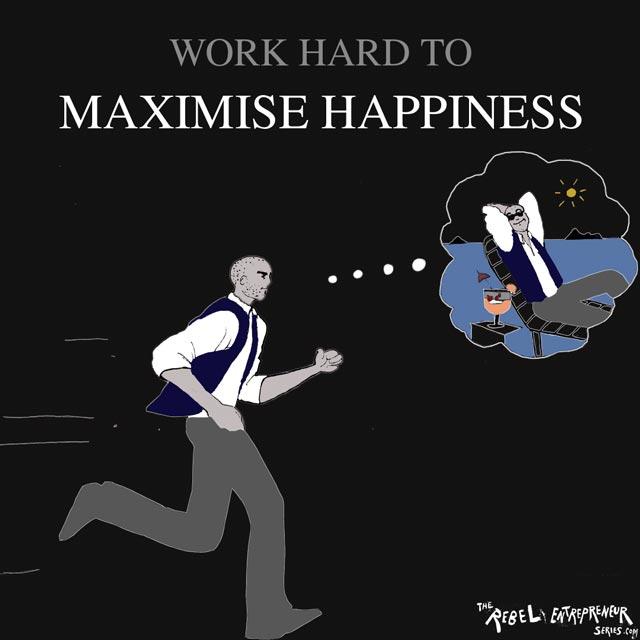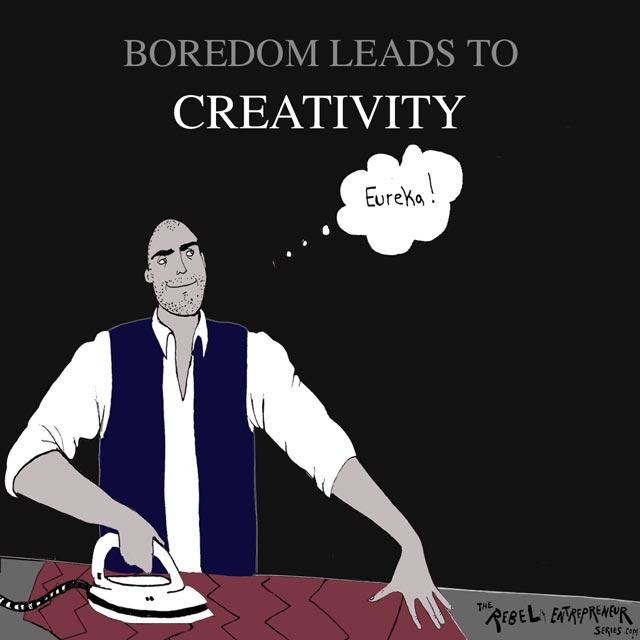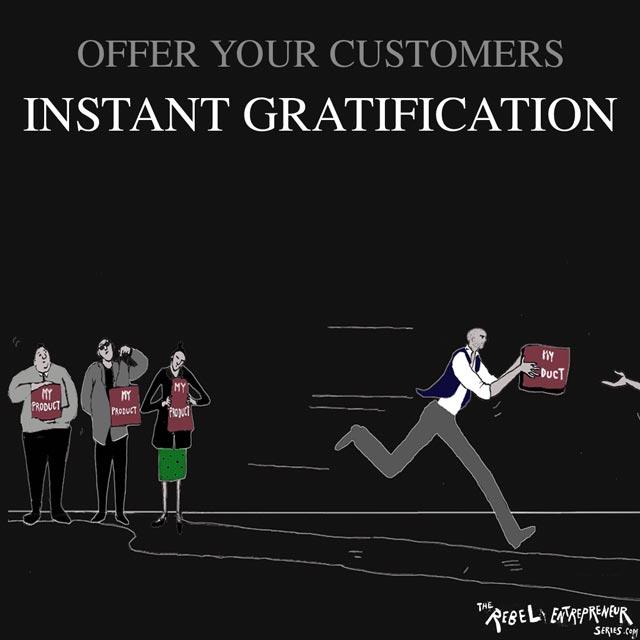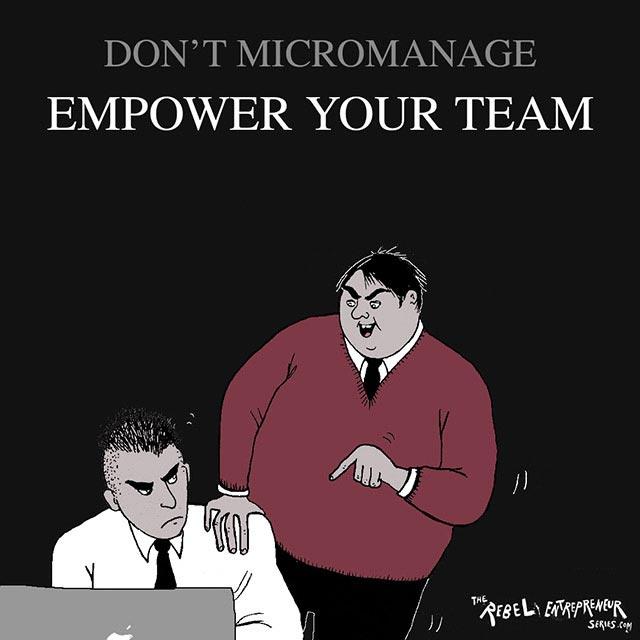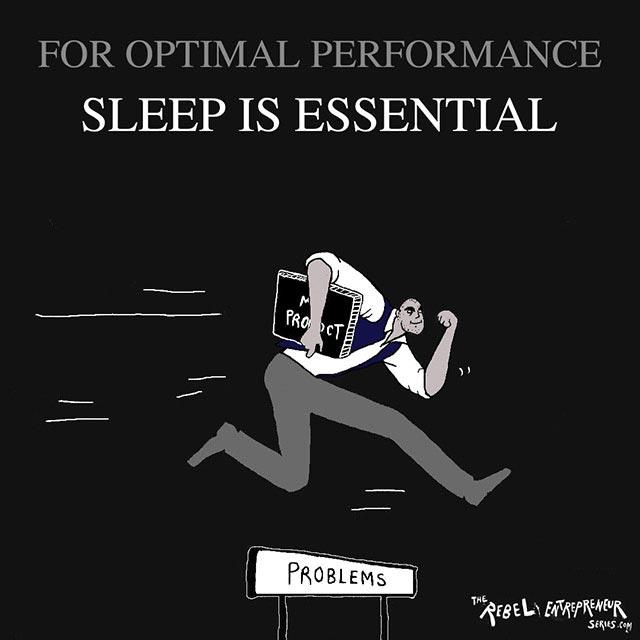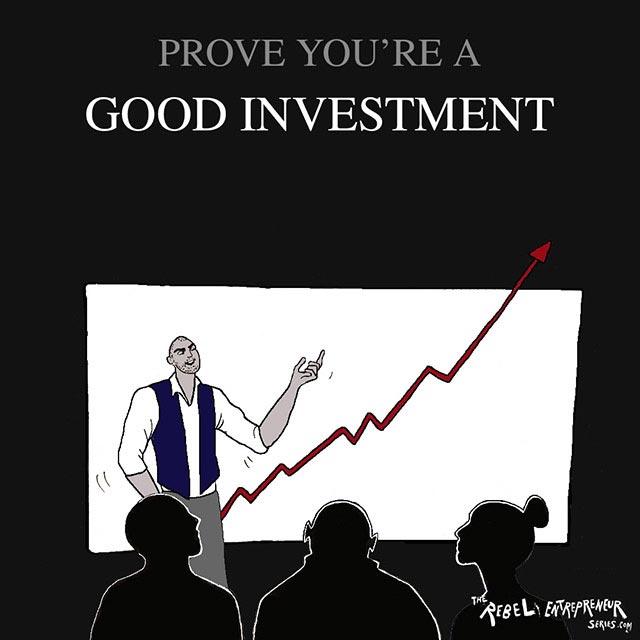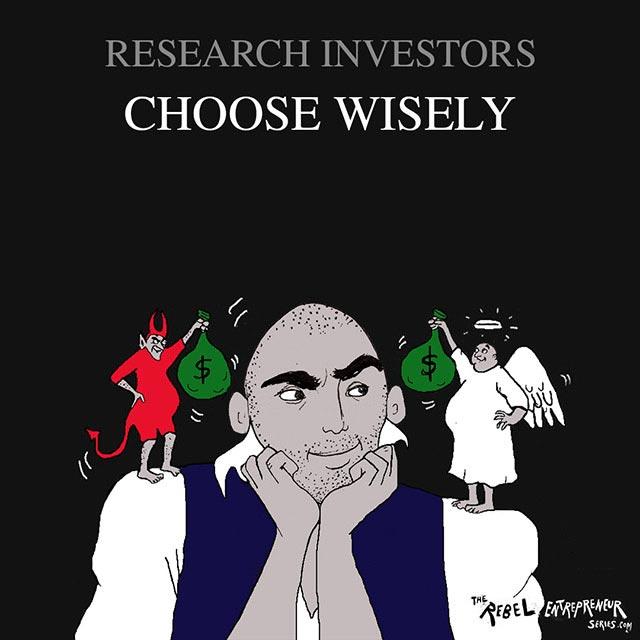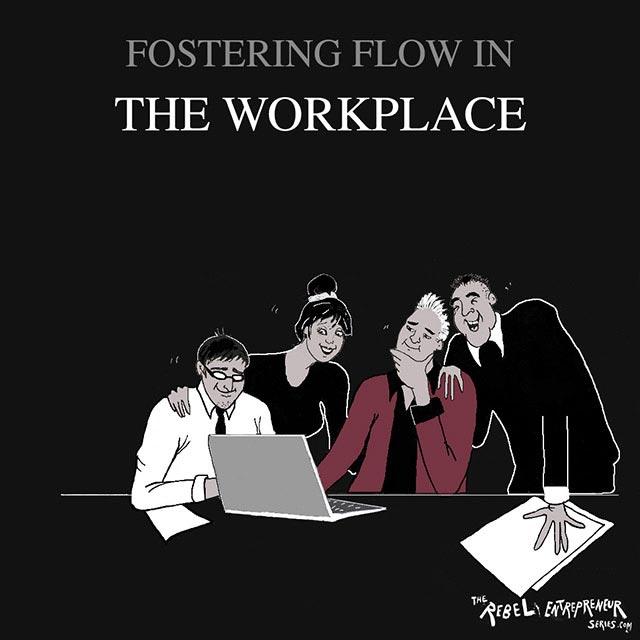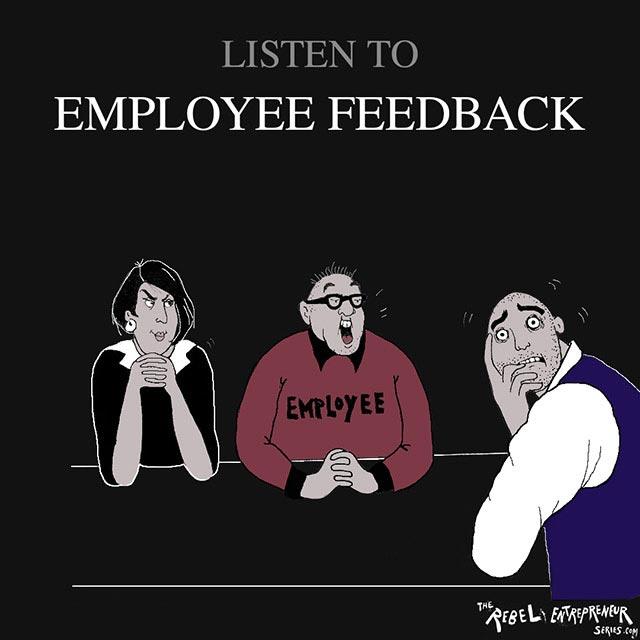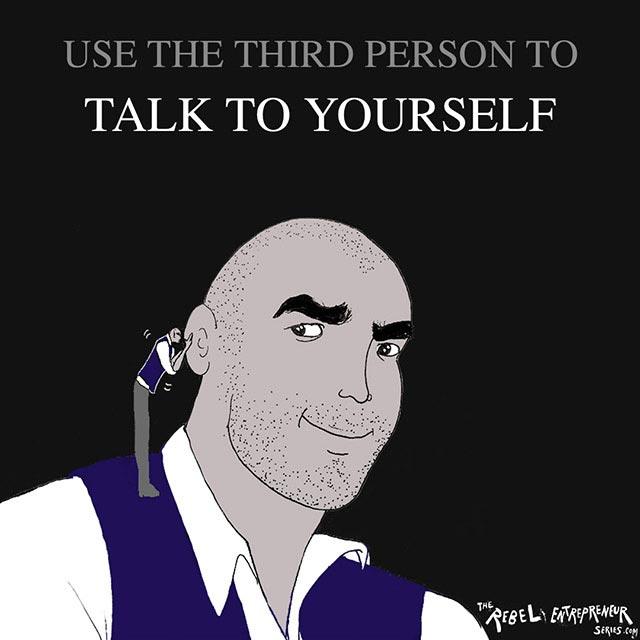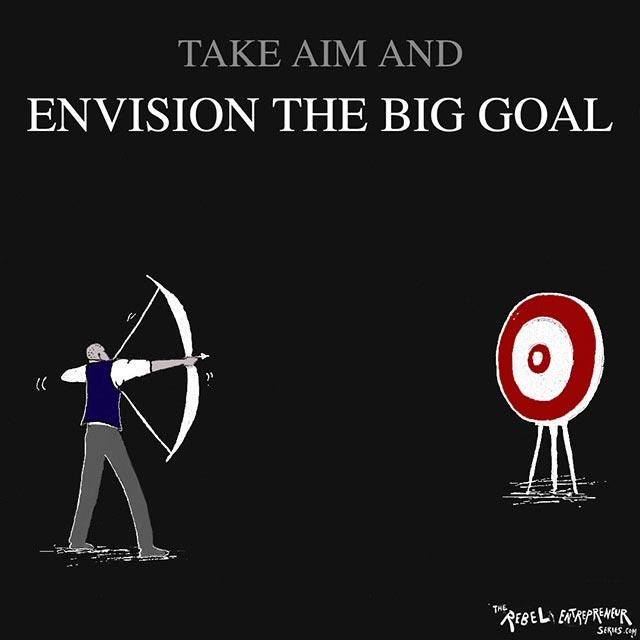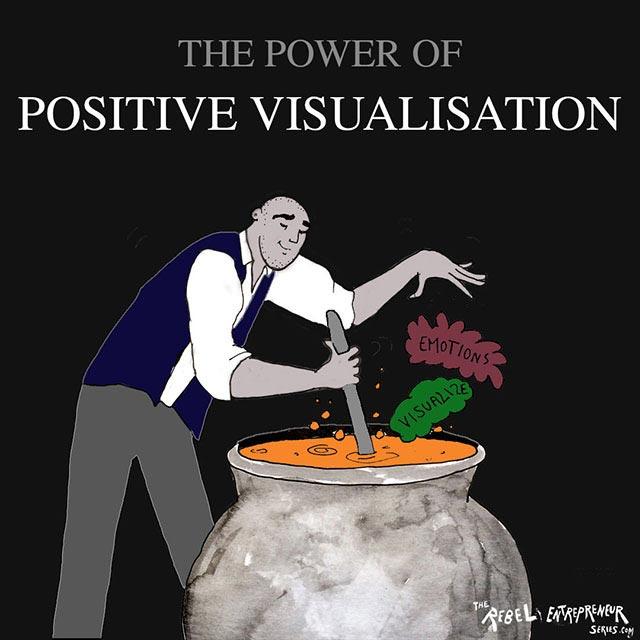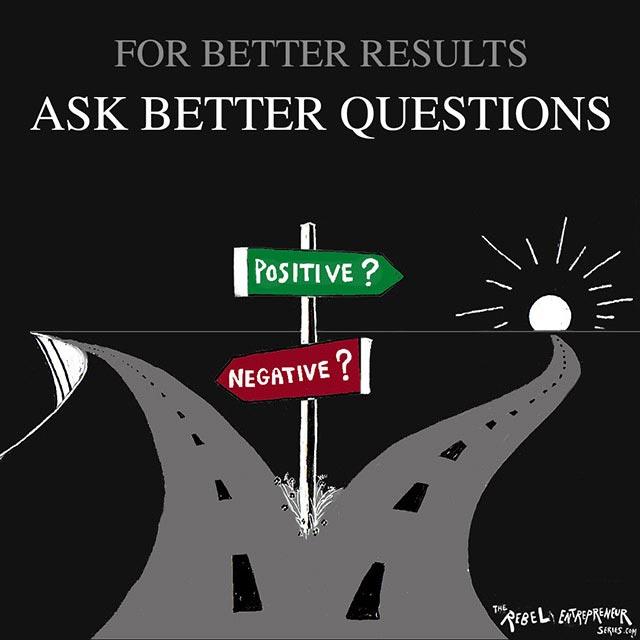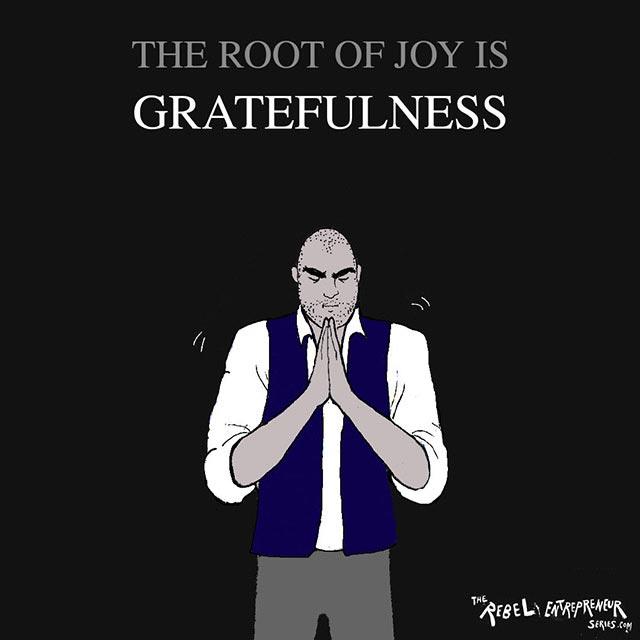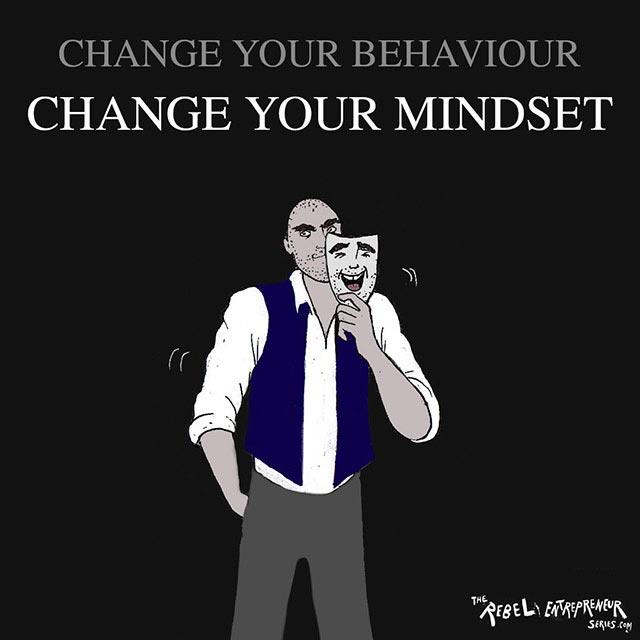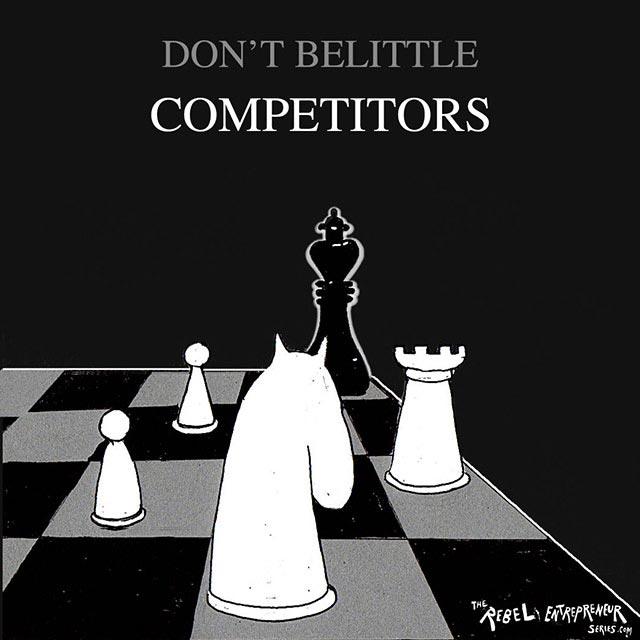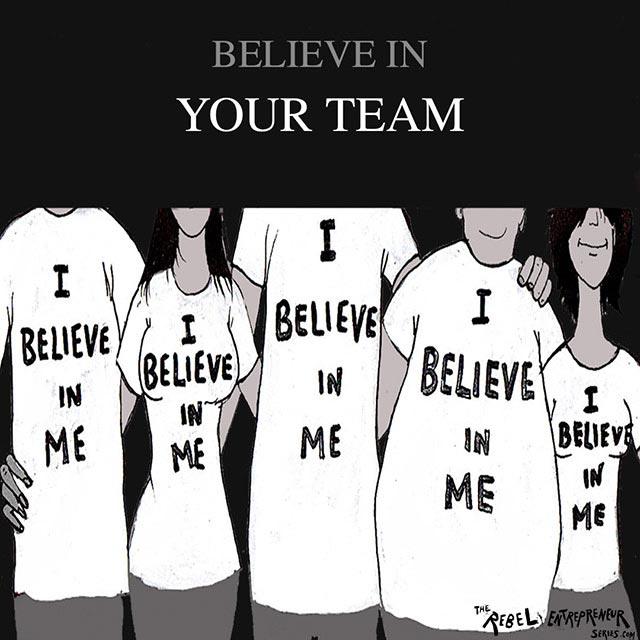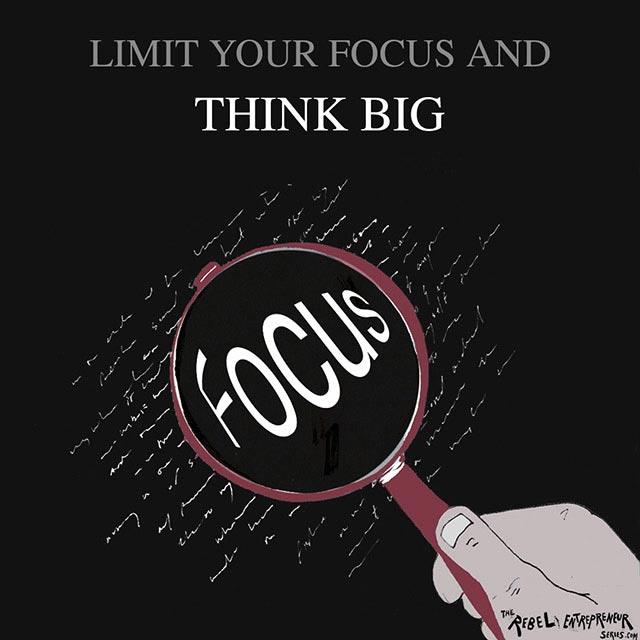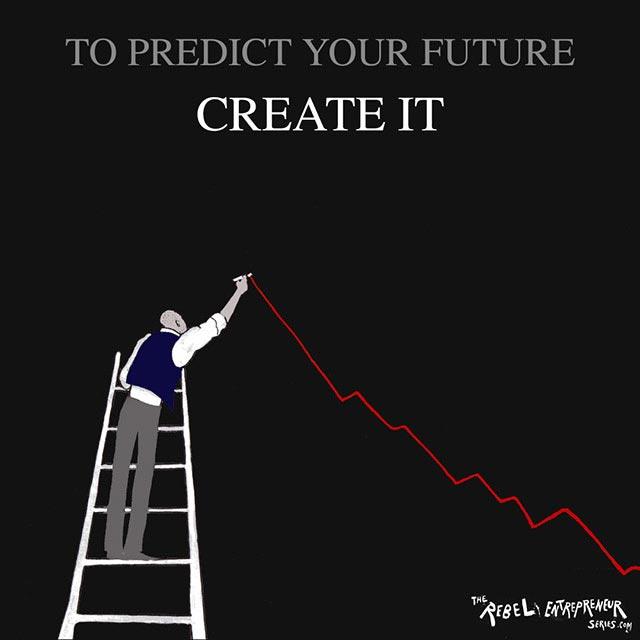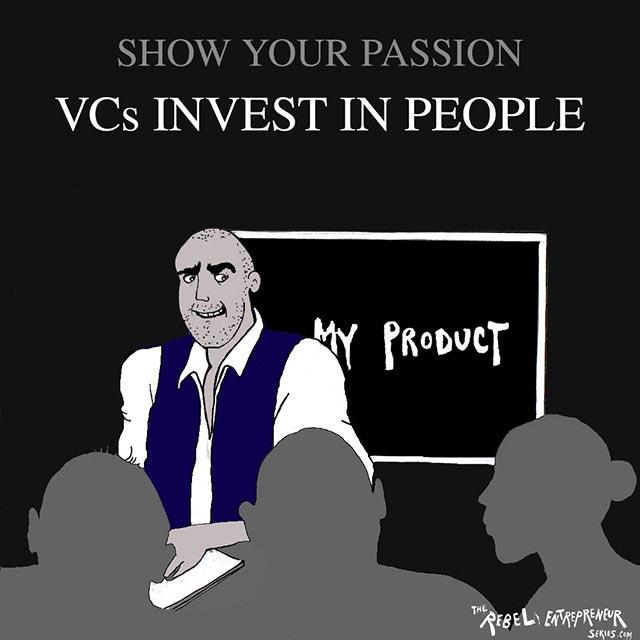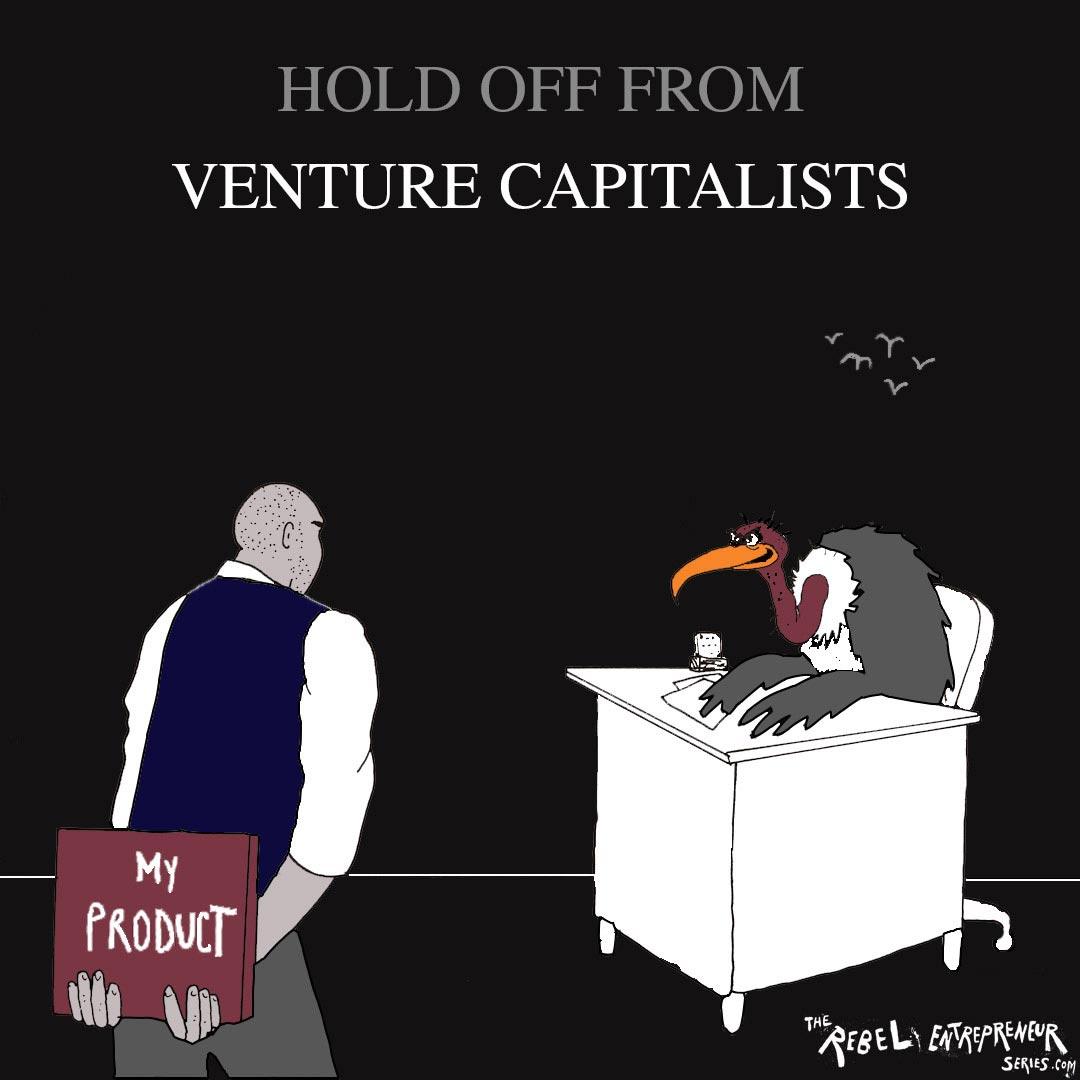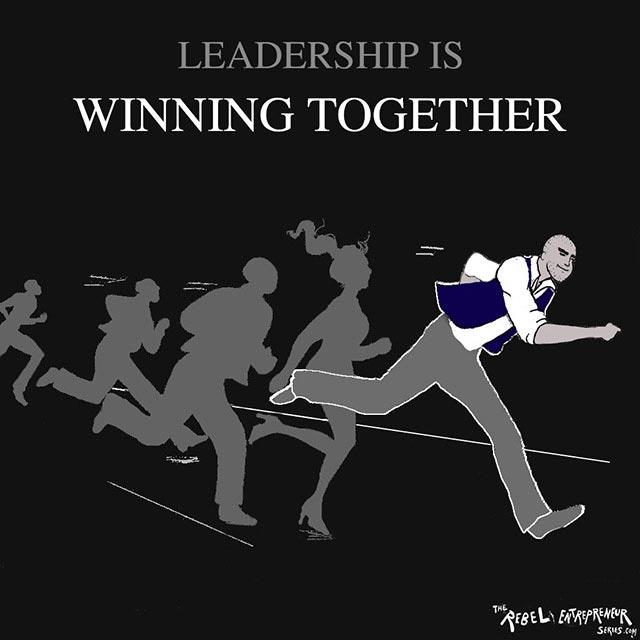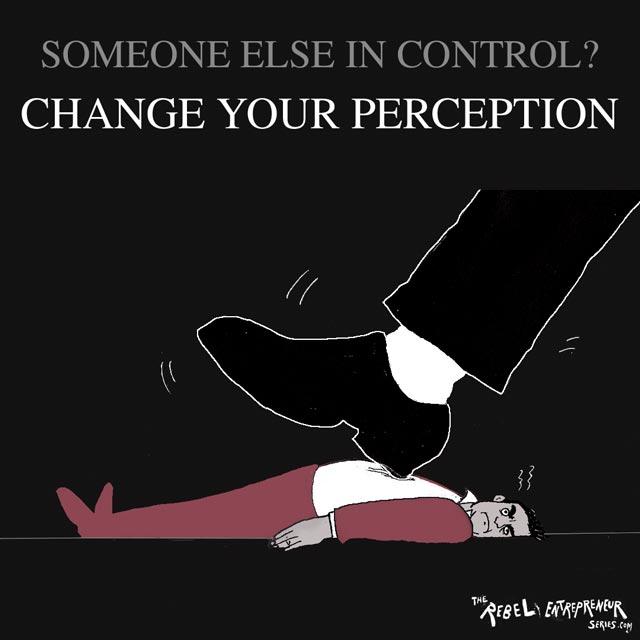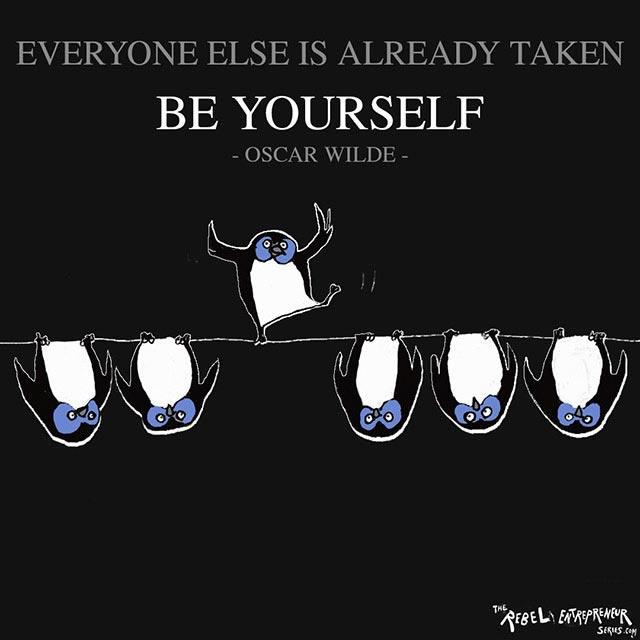Article 103: The power of a growth mindset
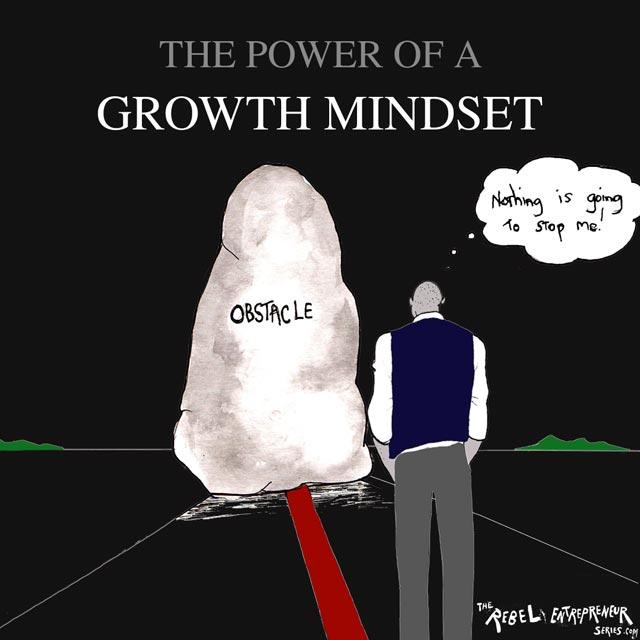
When Michael Jordan was in high school, he didn’t make the basketball team. Instead of taking the rejection personally, he practiced on his own. Next year, he made the team. Jordan never saw his weaknesses as challenges, but as opportunities that would make him a better player, even if it took work. Reflecting on the philosophy that made him an NBA champion Jordan said: “I can accept failure, everyone fails at something. But I can’t accept not trying.” This attitude is a classic example of a growth mindset.
Carol Dweck coined the terms ‘growth mindset’ and ‘fixed mindset’ to refer to two ways of approaching problems. People with fixed mindsets believe that we are born with a predetermined level of intelligence and talent. If a challenge seems too big, they back away and use their ‘fixed mindset’ as an excuse to retreat. They tell themselves that they are not talented enough to conquer the problem so they refuse to even try. They fear failure and stay in their comfort zones. People with growth mindsets, on the other hand, see talent and intelligence as qualities that can be developed through hard work. They see potential as an infinite resource. They look at problems as opportunities to grow and learn. When they are rejected they don’t hear ‘no’, they hear ‘not yet’.
Dweck began studying these mindsets in children and saw how students who receive praise based on their efforts outperform students who are just awarded for being intelligent. Later, she conducted a study on seven Fortune 1000 companies. The employees were asked if their company viewed talent as a quality that could be developed, or if the company had a fixed approach. The research found that when companies encourage their employees to develop their potential, productivity and collaboration soar. However, when companies have a fixed mindset approach, employees are less motivated. They cut corners, back away from challenges and even admit to lying in order to get ahead.
Rebel entrepreneurs foster growth mindsets in themselves and their employees. They see challenges as opportunities for self-development. As leaders, they praise the process rather than the individual employee.
PLEASE LIKE HERE
